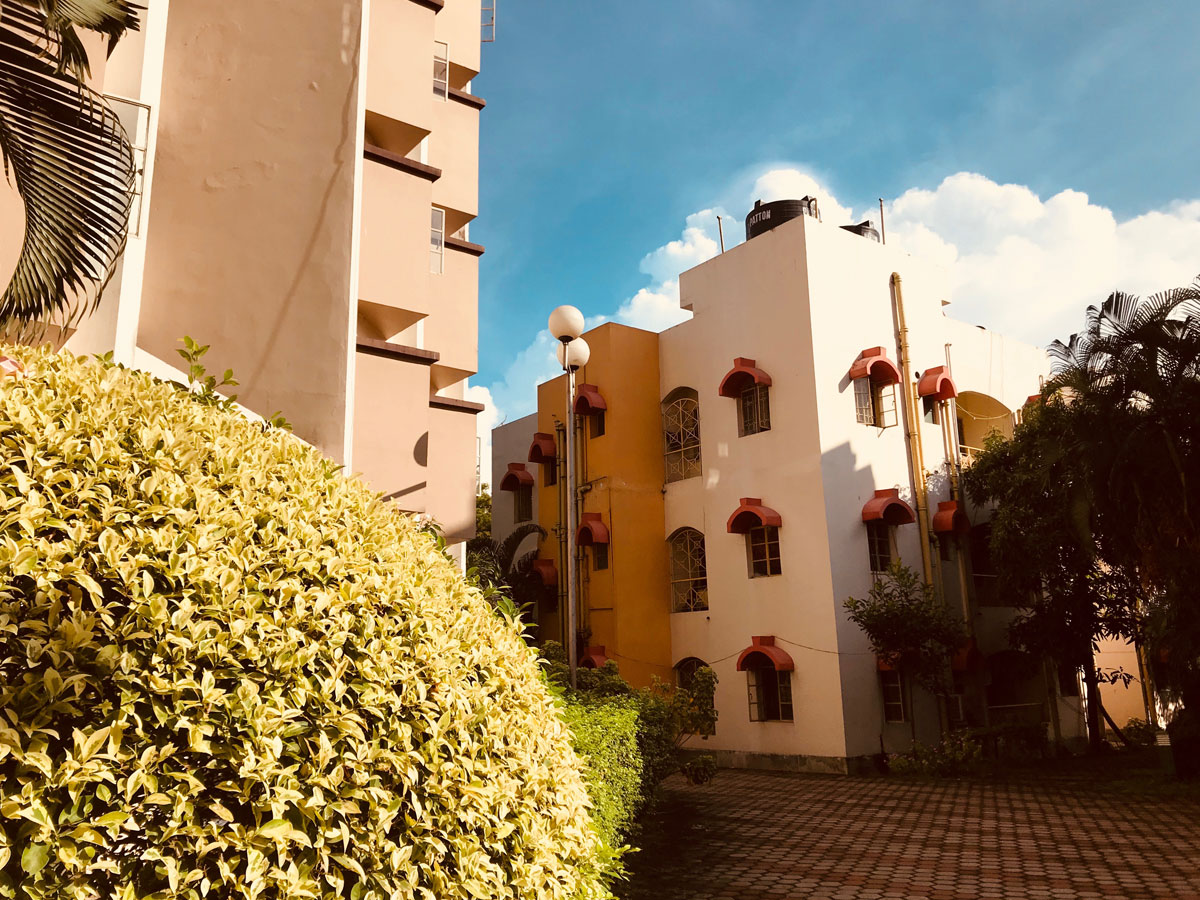

Director of the Centre for Law, Literature and Popular Culture:
Shouvik Kumar Guha, B.A., LL.B. (Hons.), LL.M., Ph.D., Assistant Professor (Senior Scale), The West Bengal National University of Juridical Sciences.
Director, Centre for Law, Literature and Popular Culture
Assistant Professor (Senior Scale), The West Bengal National University of Juridical Sciences.
Email: shouvikkumarguha@nujs.edu






 Users Today : 2
Users Today : 2 Users Last 7 days : 4022
Users Last 7 days : 4022 Total views : 1090318
Total views : 1090318© 2022 The West Bengal National University of Juridical Sciences, Kolkata | All rights reserved
| Cookie | Duration | Description |
|---|---|---|
| cookielawinfo-checkbox-analytics | 11 months | This cookie is set by GDPR Cookie Consent plugin. The cookie is used to store the user consent for the cookies in the category "Analytics". |
| cookielawinfo-checkbox-functional | 11 months | The cookie is set by GDPR cookie consent to record the user consent for the cookies in the category "Functional". |
| cookielawinfo-checkbox-necessary | 11 months | This cookie is set by GDPR Cookie Consent plugin. The cookies is used to store the user consent for the cookies in the category "Necessary". |
| cookielawinfo-checkbox-others | 11 months | This cookie is set by GDPR Cookie Consent plugin. The cookie is used to store the user consent for the cookies in the category "Other. |
| cookielawinfo-checkbox-performance | 11 months | This cookie is set by GDPR Cookie Consent plugin. The cookie is used to store the user consent for the cookies in the category "Performance". |
| viewed_cookie_policy | 11 months | The cookie is set by the GDPR Cookie Consent plugin and is used to store whether or not user has consented to the use of cookies. It does not store any personal data. |